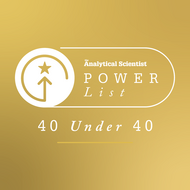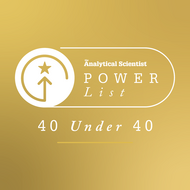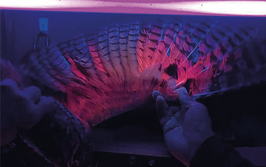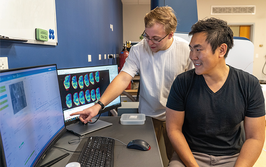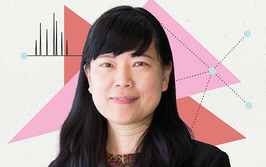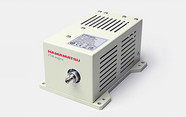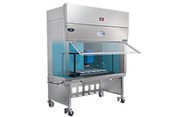Andrew Ault
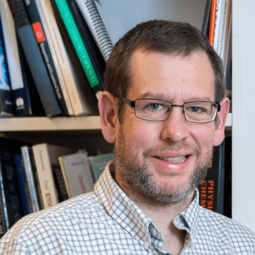
Associate Professor, Chemistry, University of Michigan, USA
Challenges? I think a major challenge for atmospheric chemistry research is that we generate so much interesting data, but that funding primarily focuses on new field campaigns or studies. With typically three-year funding cycles, this means that lots of important data never ends up getting fully processed, analyzed, and written up; as soon as it is collected, funding dictates that we move on to the next campaign.
Predictions? I predict that we'll see more integrated multi-modal analysis. I think this has great potential for enabling new insights for atmospheric aerosol/particles.
Fears? My biggest fear is that, with so many amazing tools available, our ideas about what to study will be driven by the questions that are easiest to answer with the tools we have, rather than the questions that most need answering. Anytime we broaden our horizons and think about new tools or new ways to use tools we are taking steps to avoid that. I also worry that, as analytical instrumentation gets more powerful and complex, there will be fewer folks that understand what is happening within the black box. Every time we walk a trainee through the basic chemistry and physics going on within a complex instrument we help inoculate ourselves against this.
Advice? Try to keep a foot in multiple fields, as truly cutting edge science is often at the interfaces. This isn't always the path more traveled, as it is easy for folks to default to their traditional silos. However, if you can bring knowledge from multiple fields to bear on a challenge, you will be well-positioned to push the field in a way others can't.
